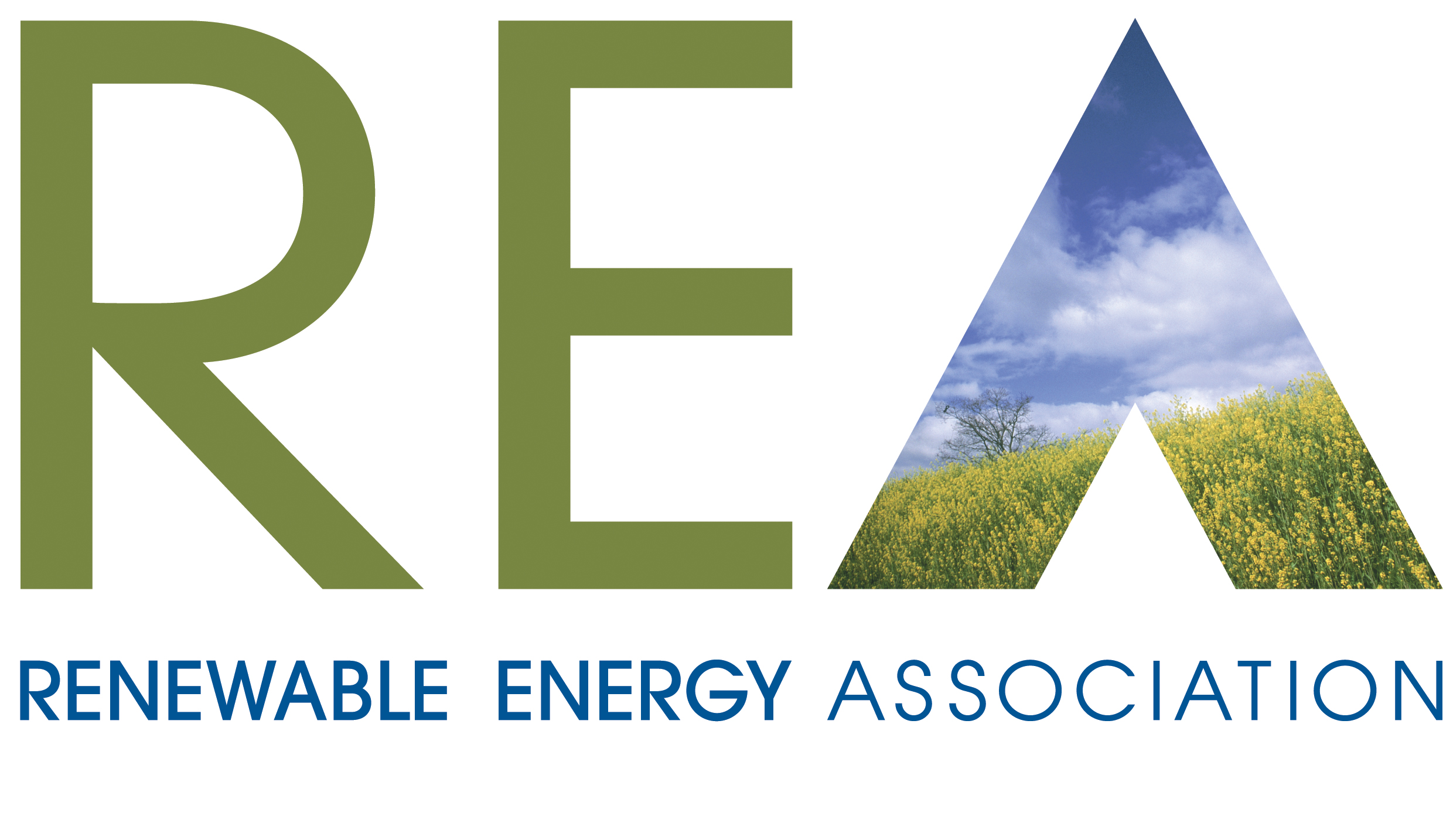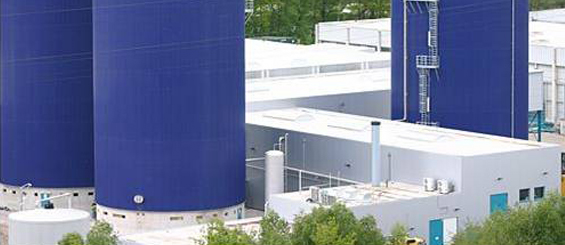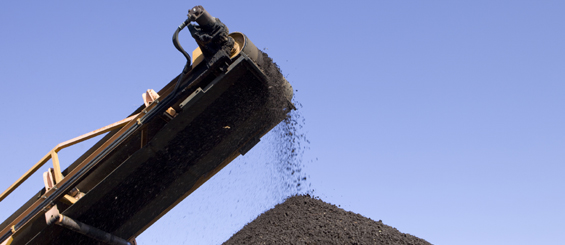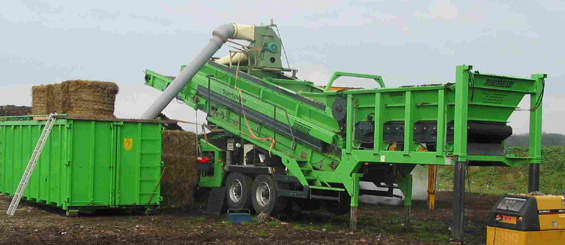Adverts
 Good practice guide: using PAS 100 compost in landscape and regeneration
Good practice guide: using PAS 100 compost in landscape and regenerationWRAP has published guidance outlining good practice for the use of quality compost across a host of building, civil engineering, landscaping and regeneration projects. The Good Practice Guide for the Use of BSI PAS 100 Compost in Landscape and Regeneration is available both online and to download from the WRAP website.
Based on evidence gathered by WRAP over the last four years, the Compost Good Practice Guide provides a wealth of information, helping to strengthen confidence in this natural, renewable resource, and increase its use.
The easy to use practical guide has been written to help both new and regular users of quality compost understand how best to use this material. It outlines the environmental and business cases for using compost, as well as the associated savings. The guide is aimed primarily at those engaged in the following fields, but will also be of interest to others connected with the landscape and regeneration sector:
Based on evidence gathered by WRAP over the last four years, the Compost Good Practice Guide provides a wealth of information, helping to strengthen confidence in this natural, renewable resource, and increase its use.
The easy to use practical guide has been written to help both new and regular users of quality compost understand how best to use this material. It outlines the environmental and business cases for using compost, as well as the associated savings. The guide is aimed primarily at those engaged in the following fields, but will also be of interest to others connected with the landscape and regeneration sector:
- General landscaping,
- Sports turf care,
- Building (Sustainable Urban Drainage Systems and Green Roofs),
- Civil engineering and highway, waterway maintenance,
- Brownfield restoration, and
- Habitat establishment.
Aimed at both small and medium sized businesses, and for large-scale public development projects, the guide details the appropriate use of compost in;
- Soil manufacture and habitat creation,
- Housing and mixed use development
- Energy crops on brownfield land,
- Sustainable Urban Drainage Systems (SUDS) and green roofs,
- Slope stabilisation and erosion control,
- Recreation and sports turf,
- Landscape maintenance, and
- Bioremediation.
Each of these areas is discussed in detail. Application guidance is given for each, with accompanying specific site investigation and sampling direction. Case studies demonstrate good practice for each area. The appendix gives general mixing ratios guidance, compiled from a range of site specific trials.
As part of the guide, two tools have also been developed to help users.
The Decision Tool gives a helping hand at the very beginning of a project. It is essentially for those looking to use compost, but unsure how to go about this. The Decision Tool asks a series of questions and directs the user to resources within the guide that will answer these. It outlines the practical actions that should be taken when, for example, wanting to use compost in the manufacture of soil on site in landscaping and civil engineering projects. This tool links to four technical documents, explained below.
The Compost Checklist describes checks that should be carried out before, during, and after compost application. This tool aids the project management of compost application.
A series of technical documents accompany the guide, providing data on compost use in;
- Soil improvement,
- Topsoil manufacture,
- Soil amendment and surface treatment,
- Erosion control,
- Sustainable urban drainage systems (SUDS), and
- Green roofs.
Primarily an online resource, the guide will be updated on an on-going basis with additional case studies and information as it arises through WRAP's continuing landscape and regeneration work.
BSI PAS 100 Quality Compost
Compost is an important product to the landscaping industry and can provide various benefits in projects involving reclamation, restoration and the improvement of land. Compost is a source of organic matter and can improve the physical and chemical properties of the soil to which it is applied, enhance plant growth, stimulate biological activity and improve resistance to erosion. BSI PAS 100 compost is ideal because not only is it a rich source of nutrients, it is also quality assured and therefore reliable and consistent.
WRAP's Good Practice Guide for the Use of BSI PAS 100 Compost in Landscape and Regeneration provides advice on the use of BSI PAS 100 compost. Therefore the information included should not be considered appropriate for the application of other compost types and Compost-Like-Outputs (derived from residual wastes) that do not comply with BSI PAS 100 specification.
Members' Area
Become a Member!
Join the Organics Recycling Group at the Renewable Energy Association by clicking below.





.jpg)


